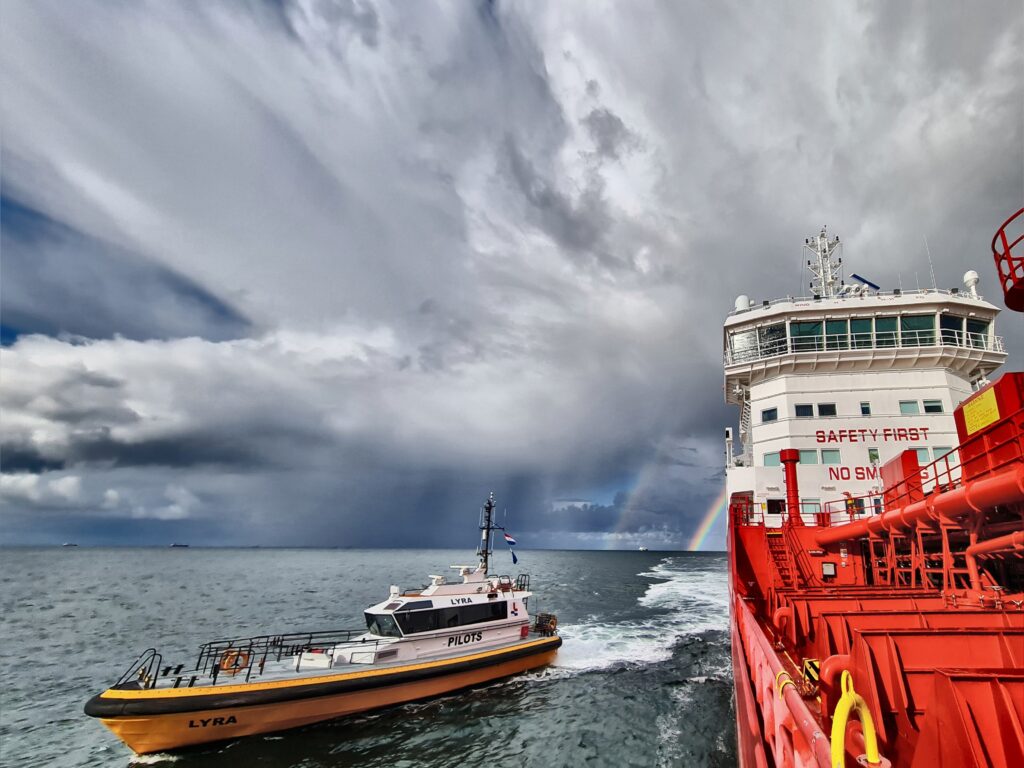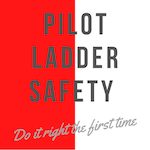
The International Maritime Organization’s (IMO) upcoming amendments to SOLAS Chapter V, Regulation 23, represent a significant step forward in enhancing the safety of pilot ladder operations. Scheduled for adoption in 2025 and enforcement from 2028, these regulations demonstrate a prescriptive approach to addressing long-standing safety concerns. The meticulous work of the IMO in crafting these rules not only ensures a robust safety framework but also assigns clear responsibilities to all stakeholders involved in pilot ladder operations, fostering a safer working environment for maritime pilots.
Enhancing Safety Through Prescriptive Legislation
The maritime industry has long faced challenges regarding the safety of pilot transfer arrangements, with inadequate equipment, improper maintenance, and human error contributing to numerous incidents. The new SOLAS regulations directly address these issues by mandating stringent technical and operational standards. Key improvements include: service life limitation of the pilot ladders, detailed strength requirements, spare equipment specification, prohibition of repairs and onboard familiarization, amongst other things.
The IMO’s approach to the new regulations exemplifies a very well-executed prescriptive framework
These prescriptive measures leave no room for ambiguity, setting clear benchmarks that all stakeholders must meet. By doing so, the IMO has ensured a uniform standard of safety across the maritime industry, reducing the variability that often leads to unsafe practices.
Recognizing the IMO’s Contribution
The IMO’s approach to the new regulations exemplifies a very well-executed prescriptive framework. Rather than relying on vague goals, the amendments provide detailed specifications that are straightforward to implement and enforce. This clarity minimizes the risk of non-compliance and ensures consistent application across vessels, regardless of their size, flag, or operational region.
Moreover, the IMO has balanced practicality with safety by introducing these regulations with a phased timeline. The delay in enforcement until 2028 allows stakeholders, flagstates and shipowners ample time to adapt, procure compliant equipment, and train personnel. This proactive yet pragmatic approach underscores the IMO’s commitment to safety without imposing undue burdens on the industry.
Responsibilities of Key Stakeholders
The effectiveness of the new SOLAS regulations depends on the active participation and cooperation of several key parties. Each has a distinct role to play in ensuring compliance and fostering a safer working environment.
Pilots
In the last article of the new SOLAS regulation 23, Maritime Pilots are given a critical task: they must be vigilant in inspecting pilot ladders before every use, ensuring compliance with SOLAS requirements. Their feedback to ship masters regarding any non-compliance is critical in driving adherence to the new standards. Pilots also serve as advocates for safety, raising awareness of the importance of proper ladder maintenance and rigging.
Ship Masters
Ship masters bear the responsibility of ensuring their vessels are equipped with compliant ladders and manropes. They must oversee the training of crew members and the proper rigging of ladders during these critical operations. Ship masters also play a vital role in liaising with pilots, addressing concerns, and rectifying issues promptly.
Manufacturers
Manufacturers of pilot ladders and related equipment face increased scrutiny under the new regulations. They must ensure their products meet the enhanced strength, durability, and service life standards set by the IMO. Type approval processes will require rigorous testing and certification, leaving no room for substandard materials or construction.
Naval Architects
Naval architects must consider pilot transfer arrangements during the design phase of ships. They must integrate safe and accessible rigging points, ensuring compliance with SOLAS requirements without compromising vessel stability or operational efficiency.
Classification Societies
Class societies have a critical role in enforcing compliance through vessel surveys and certifications. They must verify that equipment as well as ships meets SOLAS standards and that crew members are properly trained. By maintaining strict oversight, class societies help uphold the integrity of the new regulations.
Towards a Safer Working Environment
The introduction of these amendments marks a significant milestone in the ongoing effort to improve pilot ladder safety. However, the regulations alone cannot eliminate risks. True safety will be achieved through a collective commitment from all stakeholders to uphold these standards in spirit as well as in letter.
By addressing equipment durability, operational practices, and personnel training, the new SOLAS regulations create a comprehensive framework for safety. They ensure that maritime pilots can perform their vital duties with confidence, reducing the likelihood of accidents and injuries.
The IMO, aided bij pilots themselves, has provided a solid foundation with these prescriptive measures, but the ultimate success of the initiative lies in the hands of pilots, ship masters, manufacturers, naval architects, and class societies. Together, they must embrace these responsibilities and work collaboratively to transform the maritime industry into a safer and more secure environment for all.
In doing so, the industry not only complies with legislation but also honours its commitment to the well-being of the men and women who navigate the world’s oceans.
